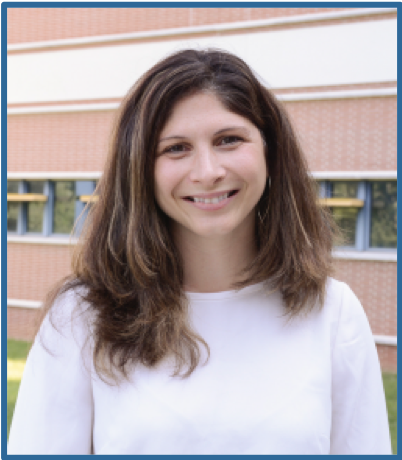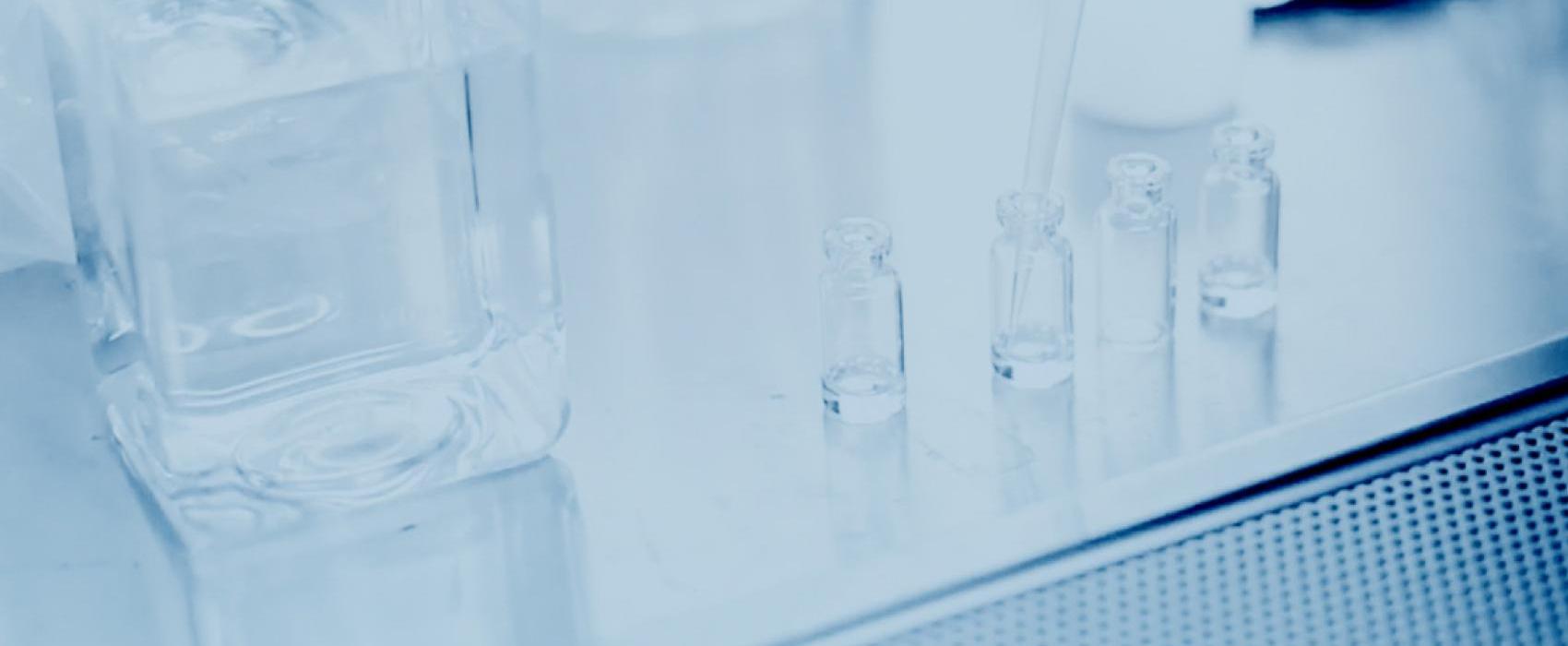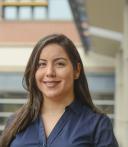
A major challenge for HIV vaccine design has been to identify immunogens capable of eliciting strong, persistent immunity that is effective against a broad range of isolates. The results of RV144 painted a clearer picture as to the types of responses needed, and found that antibodies played a major role in efficacy. However, understanding the pathways to eliciting protective HIV antibody responses remains elusive.
Dr. Krebs, Chief of B cell Immunology sectiona, and her team aim to further understand how HIV infected individuals naturally develop potent antibody responses to be able exploit these characteristics in the design of HIV immunogens. Her laboratory utilizes cutting edge technologies such as high throughput robotic assays to assess longitudinal B cell responses in infection and vaccination.
Dr. Krebs’s research interests also include understanding the role of immune activation in disease progression. Inflammatory soluble factors that contribute to immune activation are predictive of disease progression in the absence of antiretroviral therapy (ART). However, even in the presence of ART and suppressed HIV viral load, life expectancy remains reduced compared to uninfected individuals; immune activation has been shown to be a major contributor of the increased non-AIDS morbidity and mortality. Her laboratory is interested in defining the events leading to elevated immune activation and how inflammatory soluble factors can be used to predict viral load rebound in HIV cure strategies.

















